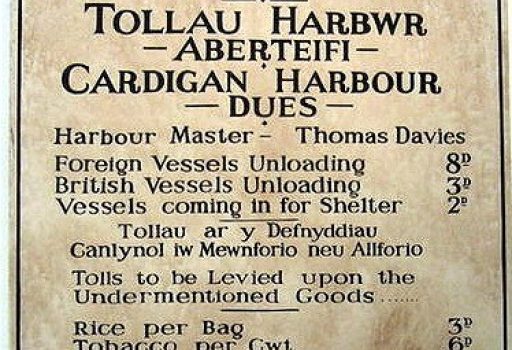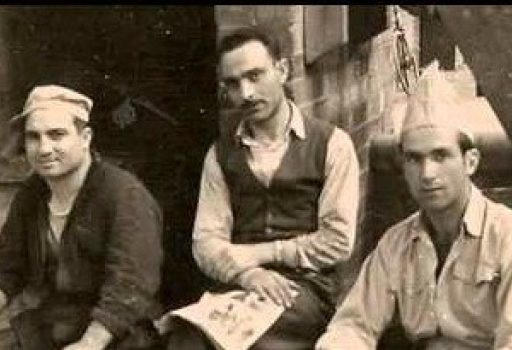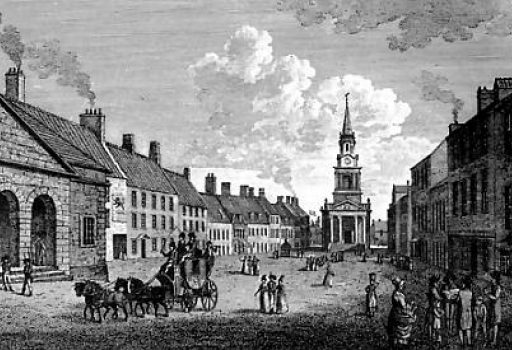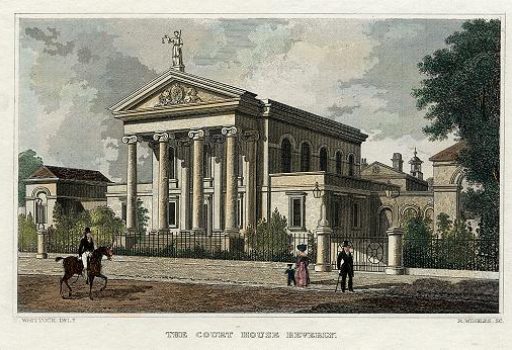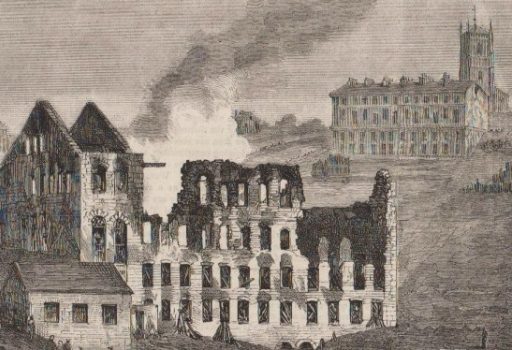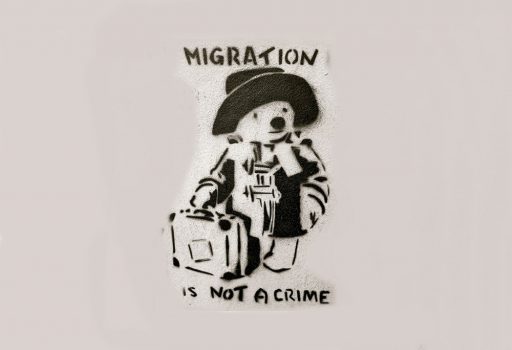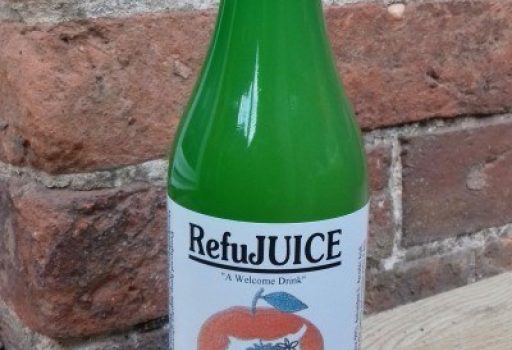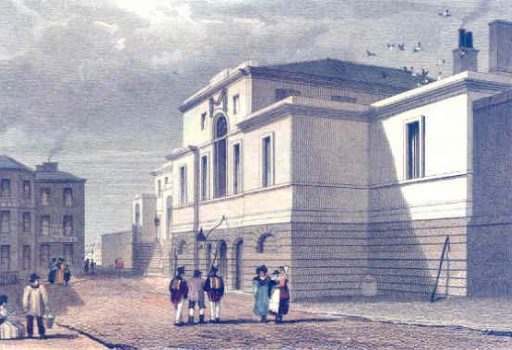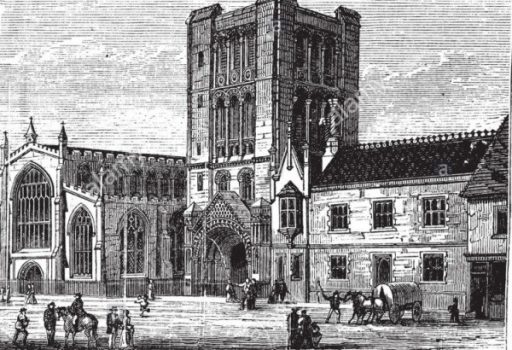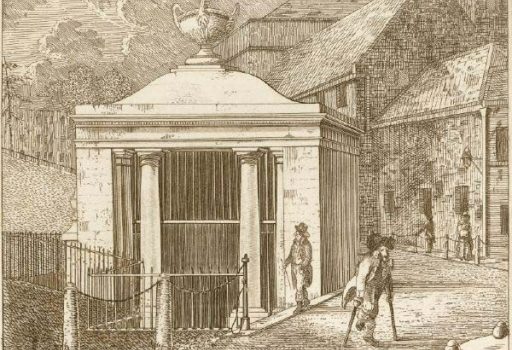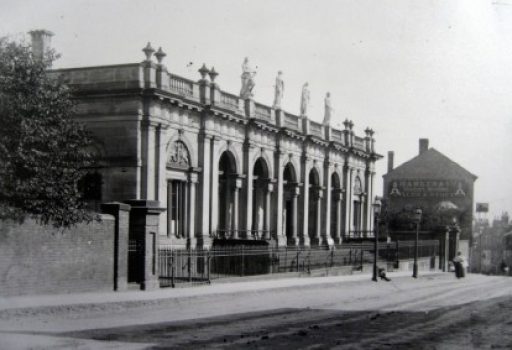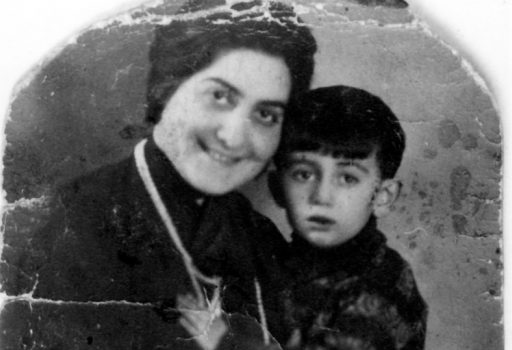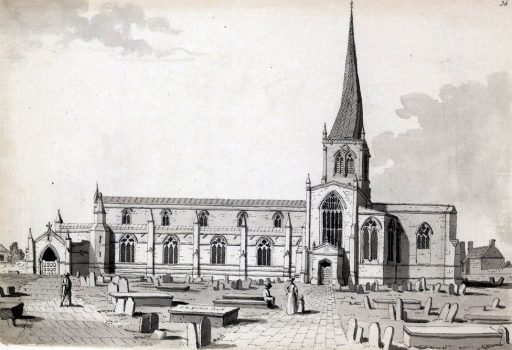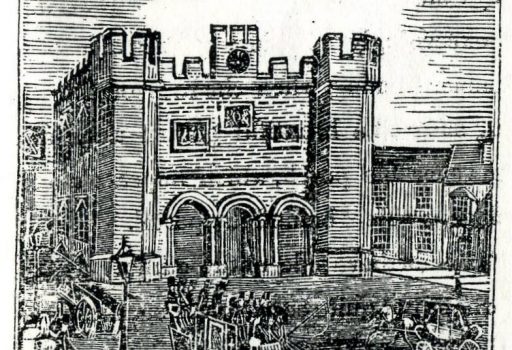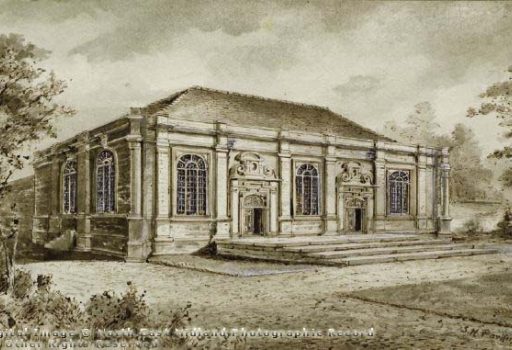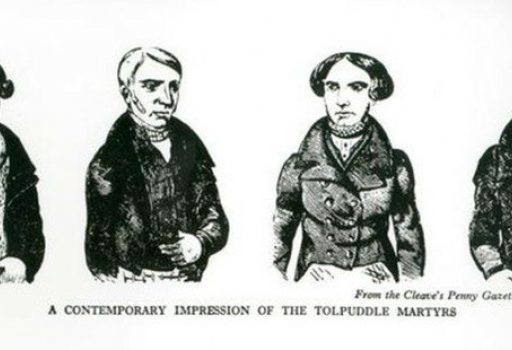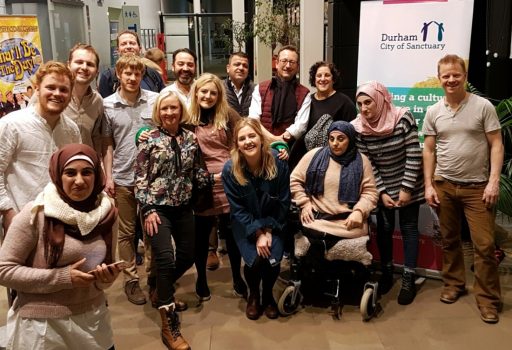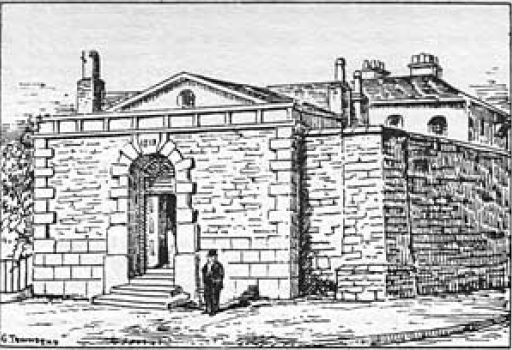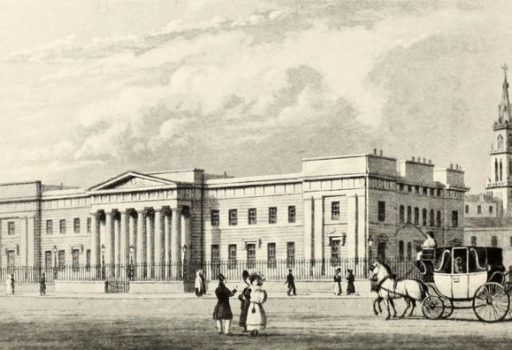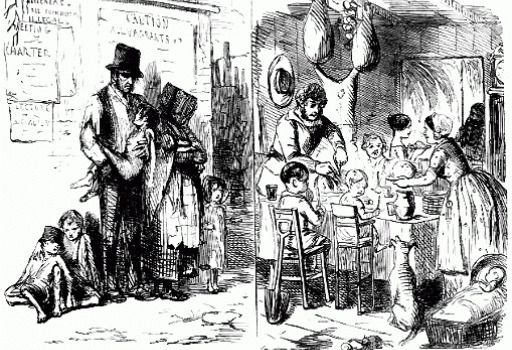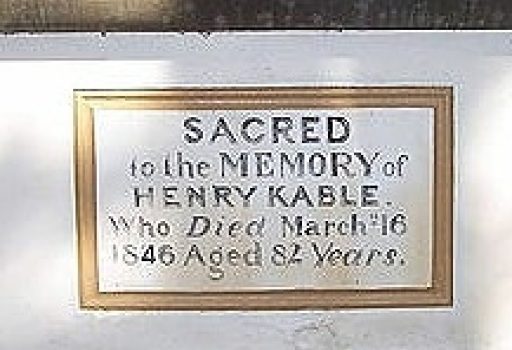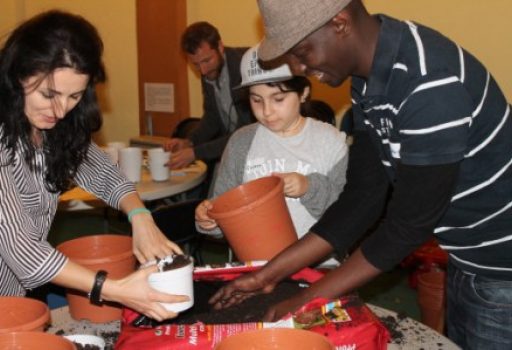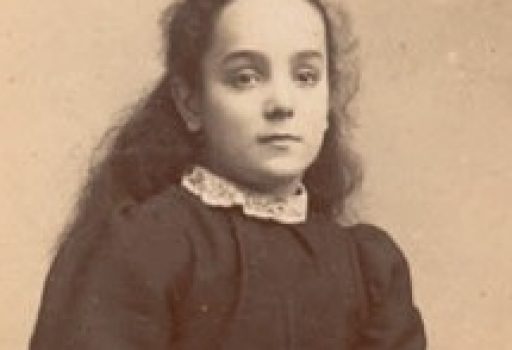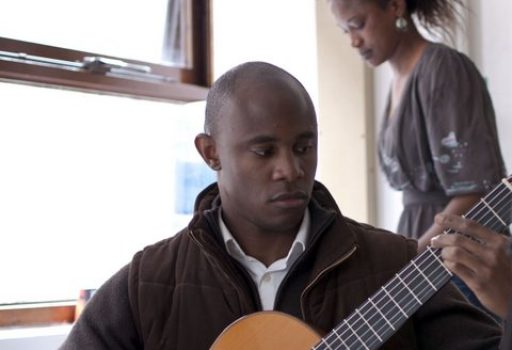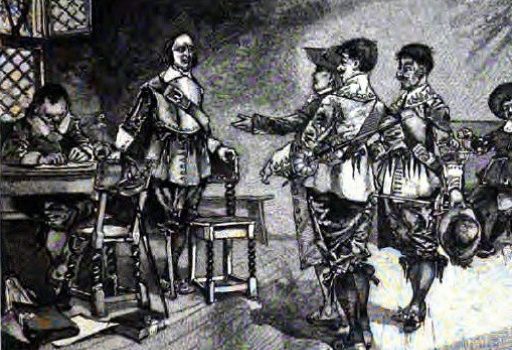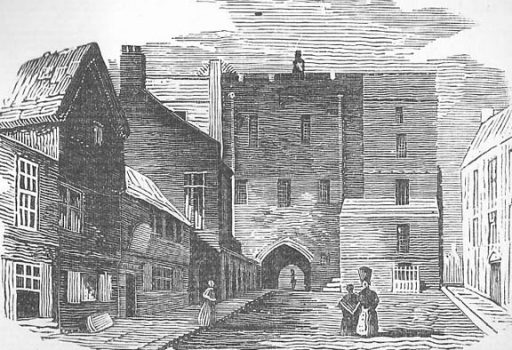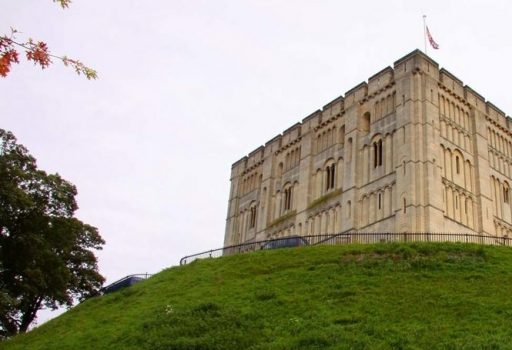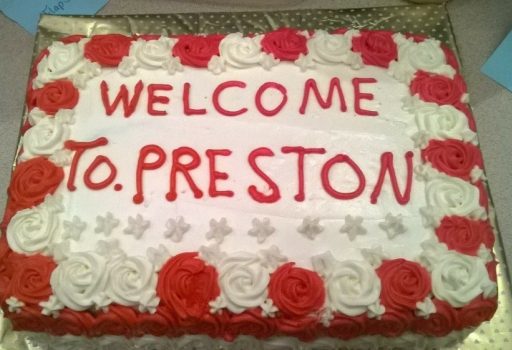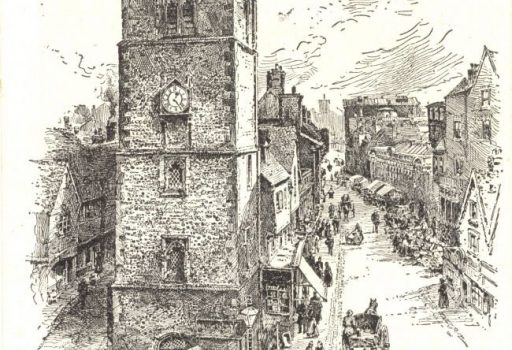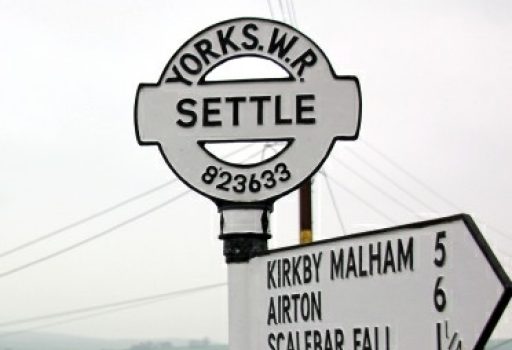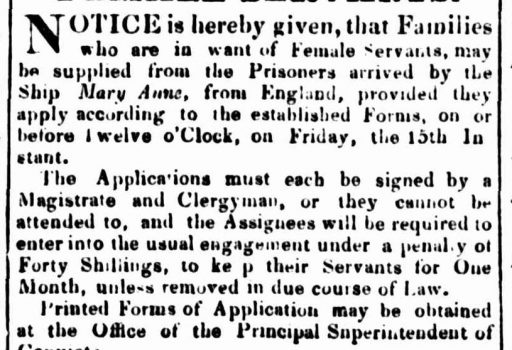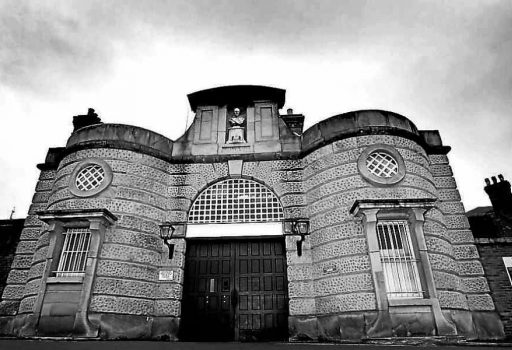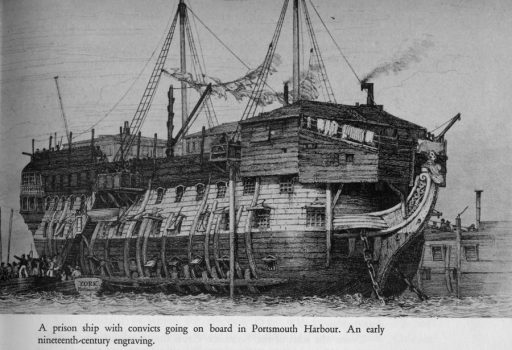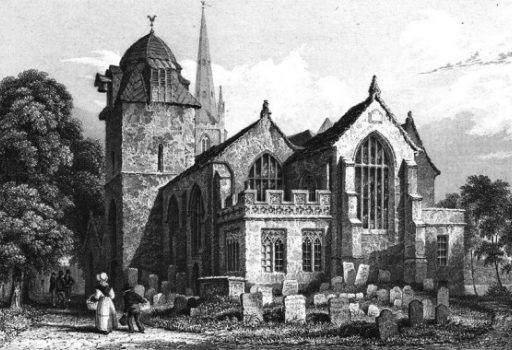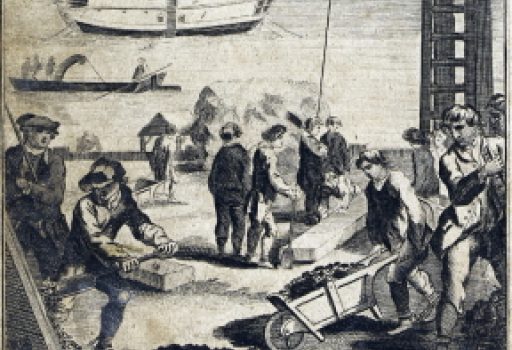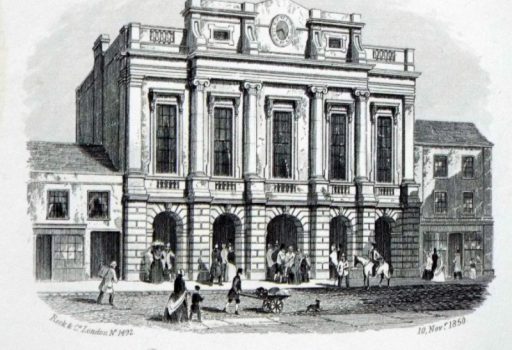Human Cargo comes to Theatr Mwldan in Cardigan on 16th May. For Parallel Lives, we're delighted to partner with Croeso Teifi and Cardigan & North Pembrokeshire Amnesty International Group.
 Adsefydlu teuluoedd o Syria yn Aberteifi. Resettling Syrian families in Cardigan.
Adsefydlu teuluoedd o Syria yn Aberteifi. Resettling Syrian families in Cardigan.
Croeso Teifi sprung up in September 2016 to help bring Syrian refugees to safety in Cardigan town. It works to assist those settling in the town, to raise awareness of issues concerning refugees and to collaborate with other organisations active in the same field. As they explain, 'We will meet them at the airport and provide a home and an integration plan. They can work from day one, and have the same benefits and support as a British family, for five years. They can then apply to stay here if they wish, or return to Syria if appropriate. We have interpreters, schools, teachers, homes and friends ready for them. The government Community Sponsorship scheme demands we have enough money in our charity to show we can do the job well. We need to raise £9,000 to save a family. If you would like to donate or to help in any way, do get in touch.'
Cardigan and North Pembrokeshire Amnesty International Group is the local branch of Amnesty International. As their website declares, 'We work to protect women, men and children wherever justice, freedom, truth and dignity are denied. As a global movement of over 7 million people, Amnesty International is the world's largest grassroots human rights organisation.
We investigate and expose abuses, educate and mobilise the public, and help transform societies to create a safer, more just world. We received the Nobel Peace Prize for our life-saving work.'
ELINOR JAMES was famous for two reasons. First, she was the only woman transported from Cardigan. In 1822 Elinor was caught stealing clothes from a house in Tremain. It was not seemingly her first crime; her jail report describes her as a thief from infancy. At the Cardigan Great Sessions in September that year she was sentenced to be transported to Tasmania for seven years. But it was 18 months later when she embarked upon the transport ship Brothers, along with 88 other women prisoners. Meantime she stayed in London’s Newgate prison, where she also found fame, as she was seen and described by the great prison reformer Elizabeth Fry. Fry talked of a woman from Cardigan arriving at Newgate with an iron hoop around her ankle. When this was removed, she fainted from the pain. It was replaced with something even worse – an iron hoop around her waist, connected by a chain to two further hoops, one around her thigh, one around her ankle. At night her hands were fastened to the hoop around her waist. Fry detailed this excessive cruelty, along with the terrible practice of parading women convicts through London on open carts, where they would be showered in filth by onlookers. Thanks to the example of Elinor James, and others, Fry helped improve conditions for women prisoners and, in time, helped the abolition of transportation.
RICHARD EDWARDS was a 23 year old sergeant in the Cardiganshire Militia. In October 1833 he had a fight with an excise officer called William Jenkins in a pub in Aberystwyth, in which he cut and maimed the other man. He appeared before the Cardigan Lent Assizes in March 1834 and 98 local people testified to his good name. This made no difference. He was sentenced to death, commuted to transportation for life. That June he boarded the transport ship Henry Tanner in chains, arriving in New South Wales four months later. 15 years later he received a conditional pardon that gave him freedom throughout the world, except in Britain and Ireland. He stayed in Sydney, becoming the proprietor of Edwards Livery Stables.
From Cardigan to Canada
The best 19th century cargoes – silk, tea and spices – travelled in the fanciest ships. Bulk commodities like timber and slate, high in weight and low in value, travelled in poorer, slower vessels. One such workhorse of the sea was the Albion, probably Cardigan’s most famous ship. Built in Milford in 1815, she was only 72 foot long but made several transatlantic crossings during her short life. She’d bring back timber from Montreal or New York, then fill her hold – no doubt still reeking of lumber – with narrow berths into which to fit the human cargo. One such journey commenced on 11th January 1819 with 180 emigrants from nearby parishes, including a contingent from Blaenywaun Baptist Chapel in St Dogmaels. The 61 day voyage to Nova Scotia was beset with storm, fog and ice. A toddler died from whooping cough and a passenger from Trelech died after being weakened by sea sickness. The Albion must have been well run, for this was a low emigrant death rate for the time. On her return voyage, she was sadly lost in November at Wicklow Bank, along with all hands and the young man who had commanded the ship since she was built, Captain Llywelyn Davies. Read more about the Albion, and other local stories, at the fine website of historian Glen Johnson.
Karwan’s story
I was an aircraft technician in Iraq. When the US and UK invaded, they employed me to maintain about 20 aircraft. I was left in charge of them. I made friends with the UK and US technicians and trainers and learned English.
After we left Tikrit airbase, ISIS took it over and found the details of the employees including mine. I was threatened with death if I did not leave my job, I did not leave which meant that sometime after this I was forced to flee. I am Kurdish which made my situation worse.
I had a long journey with bad events and funny ones and reached Calais jungle. I met Vicky from Croeso Teifi there, I translated for her and we became friends. I managed to escape in a lorry of tomatoes. There were eight of us in the lorry, it was chilled and short of air. Still, the moment I felt it rocking with the sea underneath, I felt a sense of happiness I cannot describe. The day before I had been given a new sleeping bag by a friend, I was so grateful, it was still in its packet. Now I took it out feeling lucky and found it was a child’s size - and left my top half out! I had got some puffers for asthma and did not bring them out for a while, then I shared them round. They asked, Why did you keep them hidden, I said so we would not use them up too soon.
After we got to land and had gone some way, we banged on the lorry and the driver tooted to show he knew we were there. Then he let us out and we handed ourselves to the police. I thought I had arrived where I wanted to be but the days ahead were dark. My asylum case was refused, I was in Newcastle upon Tyne, far from the centre in a house with nine other immigrant men. We managed quite well but it was lonely and boring. Sometimes I lived on a bag of potatoes for a week. We were all forbidden from working. We could have helped a registered charity, I offered and heard nothing. I was sometimes too depressed to get out of bed or to sleep at night.
After more than a year I got an appeal hearing date. Vicky helped me to track some of the people I had worked with and they gave me a glowing reference and verified my story. She flew to Newcastle upon Tyne to speak at my appeal. She explained how I volunteered for Croeso Teifi and before that for other organisations helping refugees. The judge clearly liked us very much and asked the meaning of the Welsh words.
I got full refugee status. I had promised to come and translate for Syrian families in Cardigan and Narberth in return for the help I have had, which I have been doing since August last year.. I got into Ceredigion college for a year’s IT course. I play in a local football team. When college is finished this summer I hope to go to a university. I have been translating for the Croeso teams in Narberth and in Cardigan and cutting the refugee families’ hair as I learned barbering in Newcastle. I really want to go back to my technical job, and I long to visit my sister and wider family. My mother and brother are passed. With thanks to Karwan and Vicky from Croeso Teifi for giving us this story.
